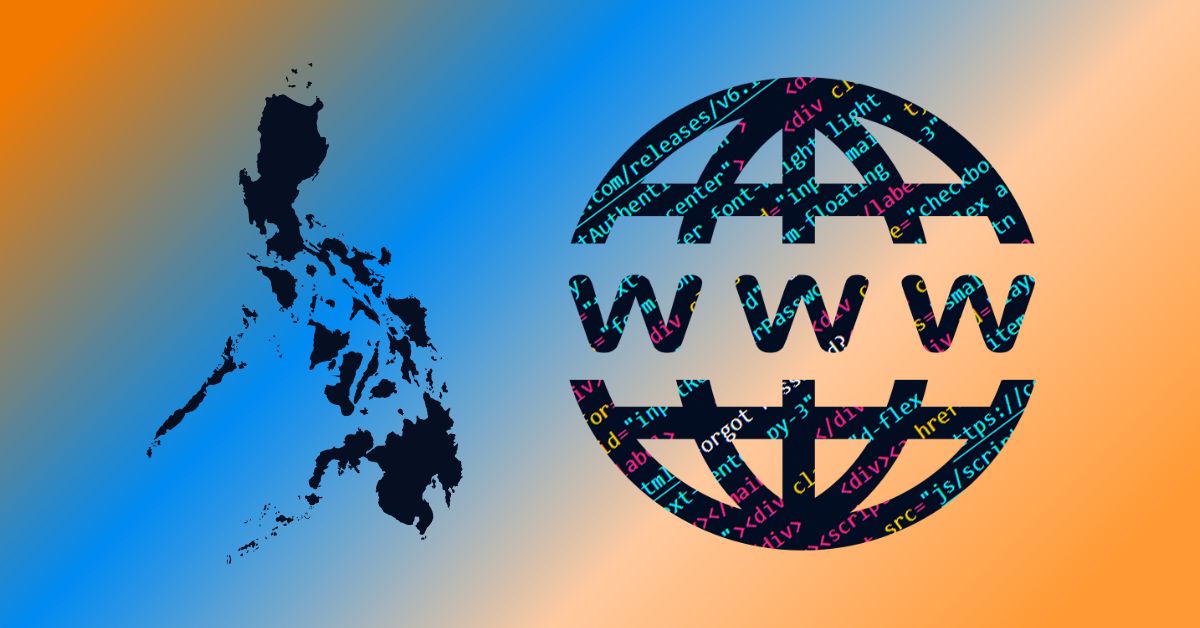The Philippines’ mobile internet speed has dipped yet again, placing the country at No. 83 in the latest Ookla Speedtest Global Index for May 2024. This marks a four-point drop from its previous ranking of No. 79. The slowdown, with average speeds clocking in at 32.12 Mbps, raises concerns about the country’s digital infrastructure and its impact on Filipinos’ access to online resources.
“Telecommunication companies are simply not doing enough to improve their networks. This is why we want Congress to pass a new law so that the government can set compulsory deadlines for telcos to deliver faster mobile internet speeds under pain of punitive regulatory fines,” according to Congressman Luis Campos Jr. of Makati City, as he pointed fingers at telecommunication companies for the decline. He emphasized the need for stricter regulations and called for the passage of a new law that would hold telcos accountable for delivering faster mobile internet.
Faster internet speeds are crucial for Filipinos to fully benefit from the digital age. Improved connectivity would enhance public access to online resources, government services, educational opportunities, and even open doors to new economic possibilities.
The Philippines still holds the number six spot among Southeast Asian Nations (ASEAN) members. However, the gap between the Philippines and its neighbors is significant. Countries like Brunei, Singapore, and Malaysia boast significantly faster average mobile internet speeds, exceeding 90 Mbps. Even Vietnam and Thailand surpass the Philippines in this crucial metric.
To bridge this digital divide, Campos has proposed House Bill No. 10215. This bill aims to reclassify high-speed internet as a basic telecommunication service, making it a fundamental right for every Filipino to access. Currently, the Internet is considered a value-added service.
This reclassification would empower the National Telecommunications Commission (NTC) to set minimum speed targets for telcos. These targets would come with strict deadlines, ensuring steady progress towards a more robust internet infrastructure. Failure to meet these targets would result in hefty fines, potentially reaching PHP1 million per day, until compliance is achieved.
The Philippines’ declining mobile internet speed ranking serves as a wake-up call. Faster internet speeds are not just a luxury; they are essential for Filipinos to actively participate in the digital economy and reap the benefits of the information age. With stricter regulations and a focus on infrastructure development, the Philippines can bridge the digital divide and unlock a brighter future for its citizens.


